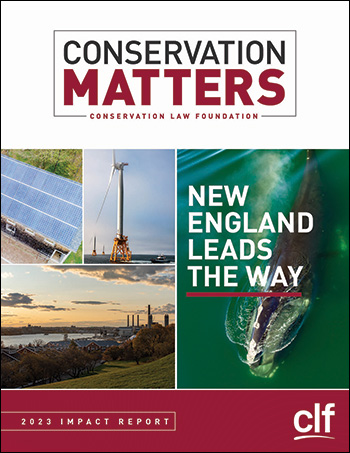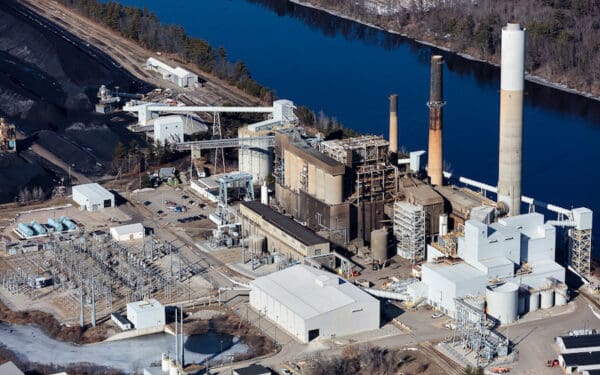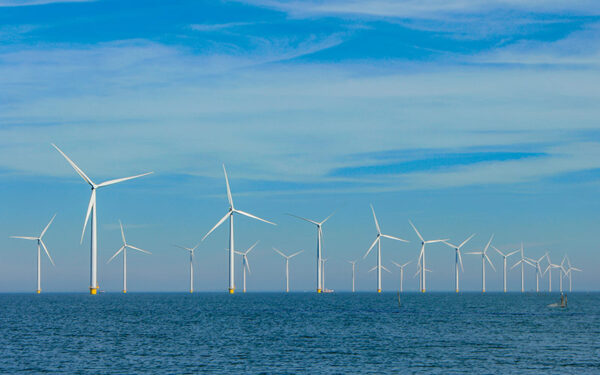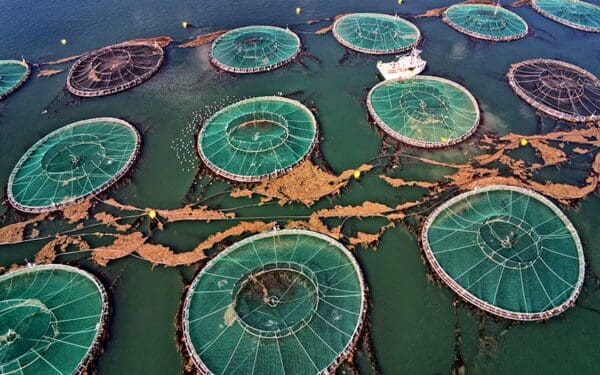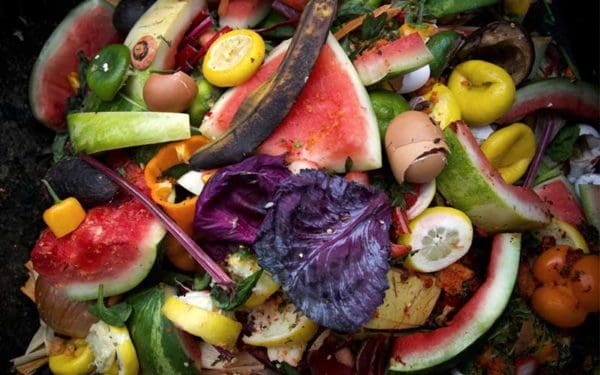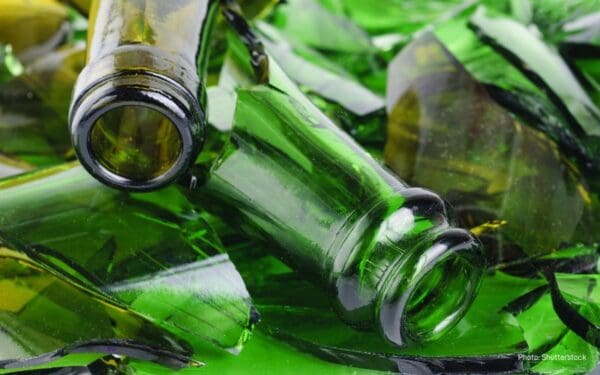Apr 05, 2024
The climate crisis threatens our lives, economy, land, air, and water. The actions we take between now and 2030 will shape New England’s future and that of our children and grandchildren. Every year, every month, and every day count. With nearly 60 years of success tackling the toughest environmental challenges, Conservation Law Foundation understands the… Continue reading Conservation Matters Spring 2024: Impact Report
Mar 28, 2024
New England’s last two coal-fired power plants will close by 2028 and the region will finally be free of this polluting, toxic, climate-changing fuel.
Mar 18, 2024
The carbon footprint concept was a clever marketing tool used by fossil fuel companies to spread the blame on carbon pollution.
Mar 15, 2024
The answer boils down to our over-dependence on fossil fuels.
Mar 15, 2024
“The designation of a Final Wind Energy Area in the Gulf of Maine is a major step in the transition of our energy economy from dirty fossil fuels to clean wind energy,” said Kate Sinding Daly, Senior Vice President of Law and Policy.
Mar 13, 2024
CLF is creating climate policies that will dramatically cut carbon emissions, particularly in polluting sectors like transportation.
Mar 11, 2024
Maine’s coastal waters need more protection from polluting industrial fish farms.
Mar 06, 2024
“Methane pollution is over 80 times more dangerous than carbon dioxide in driving the climate crisis,” said Nora Bosworth, Zero Waste attorney at CLF. “The main culprit of this pollution is decomposing food scraps in landfills, and this bill offers a logical solution to this problem. It’s time for Maine to catch up with the rest of New England and embrace a better solution for our food waste.”
Mar 01, 2024
Climate deniers and fossil fuel interests are quietly fueling an anti-offshore wind misinformation campaign
Mar 01, 2024
In most states, bottle return programs don’t cover wine bottles. So, our options for recycling them are limited. That means they end up mixed with trash or littering our communities. But there’s a simple solution: expand bottle bills.
